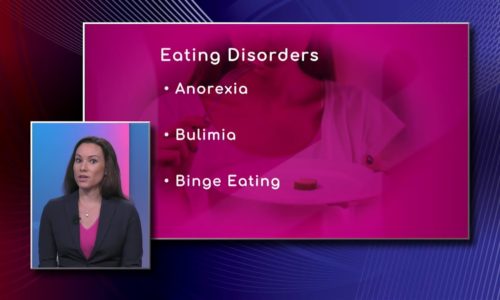How can I get a good night’s sleep? |

We spend approximately one-third of our lives asleep, but sometimes sleep can be elusive.
Almost everyone has experienced transient insomnia–the occasional inability to fall asleep, or waking up feeling unrefreshed. Thankfully, it’s usually short-lived, lasting only a few days.
Chronic insomnia, however, lasts much longer. A common condition, it may be brought on by medical or psychiatric causes, such as colds, pain, or depression. But 10 percent of all insomnia occurs in the absence of any medical or psychiatric disorder and is called primary insomnia.
Primary insomnia seems to have a life of its own and often begins after someone has experienced a significant stressful event that may disrupt his or her sleeping pattern. To make up for lost sleep during this stressful period, the individual may develop poor sleep habits that perpetuate the insomnia long after the problem has passed.
Sticking to the following good sleep habits help most people sleep well:
- Keep a regular schedule. Regular times for getting up, eating meals, taking medicines, doing chores, or other activities help to keep your inner clock running smoothly.
- Establish a relaxing pre-sleep ritual. Activities such as taking a warm bath, reading for ten minutes, or having a light snack let your body know that bedtime is near.
- Go to bed only when sleepy and get out of bed if you’re not sleeping. By spending long periods awake in bed, your body learns that it’s OK to be awake in bed.
- Exercise regularly. It’s best to exercise in the late afternoon about six hours before bedtime.
- Avoid caffeine, alcohol, and smoking around bedtime. In fact, don’t drink caffeinated beverages within six hours of bedtime.
- In general, don’t nap. If you must, it’s best to take naps during the mid-afternoon.
If establishing these habits is either difficult for you or doesn’t seem to be working, let your doctor know. Further assessment and treatment may be required.
If you have any more questions just Ask Hanna, our health advisors are here to help.
Image: ©Shutterstock / New Africa








